Professional nursing organizations play a pivotal role in advancing the nursing profession. From the United States to the international stage, these associations offer education, advocacy, and community for nurses at all career stages.
In fact, for the 21st year in a row (as of 2023), nurses were ranked as the most trusted professionals – a testament to the profession’s importance and the need for strong professional support systems. This article explores why joining a nursing organization can benefit your nursing career, highlights top U.S. and global nursing organizations, discusses pros and cons of membership (including costs), and helps you decide if joining an organization is worth it for you.
Why Join a Professional Nursing Organization
Joining a professional nursing association can enrich your career well beyond your day-to-day job. Here are some key benefits of becoming a member of a nursing organization:
Continuing education and certifications
Many organizations offer free or discounted continuing education (CE) courses, certification study materials, and conferences to help you stay up-to-date on best practices. For example, the Emergency Nurses Association (ENA) provides free CEs and certification exam discounts as part of membership.
Networking and mentorship
Membership opens doors to network with nurses across the country (and world), allowing you to share experiences and seek mentorship from seasoned nurses in your field. Local meetups, online communities, and national conventions hosted by these groups help you build supportive professional relationships.
Career development
Many associations have job boards, resume workshops, and career coaching services. They can even provide references or leadership opportunities that bolster your resume for grad school or job promotions.
Advocacy and voice in policy
Professional organizations often serve as the collective voice of nurses in policy and advocacy. They lobby for nursing interests – for instance, in 2023 the American Nurses Association (ANA) campaigned for laws against unsafe staffing and workplace violence. Some groups focus heavily on influencing health policy and giving nurses a say in healthcare reform. This means your membership helps support causes that improve nursing practice and patient care on a broader scale.
Member perks
Beyond education and networking, there are often tangible perks. These can include subscriptions to nursing journals, newsletters, research libraries, discounts on scrubs or insurance, and access to members-only online communities. Many organizations also host annual conferences or webinars where members get discounted registration.
Professional Nursing Organizations in the U.S.
The United States is home to hundreds of nursing organizations (there were over 100 national groups as of 2012, and even more today). Below are some must-know professional nursing associations in the U.S., spanning general membership groups and specialty-focused organizations:
American Nurses Association (ANA)
Founded in 1896, the ANA is the largest broad-based nursing organization in the U.S. and the go-to association for RNs of all specialties. It sets high standards for nursing practice and advocates on issues like safe staffing, nurse wellbeing, and healthcare policy.
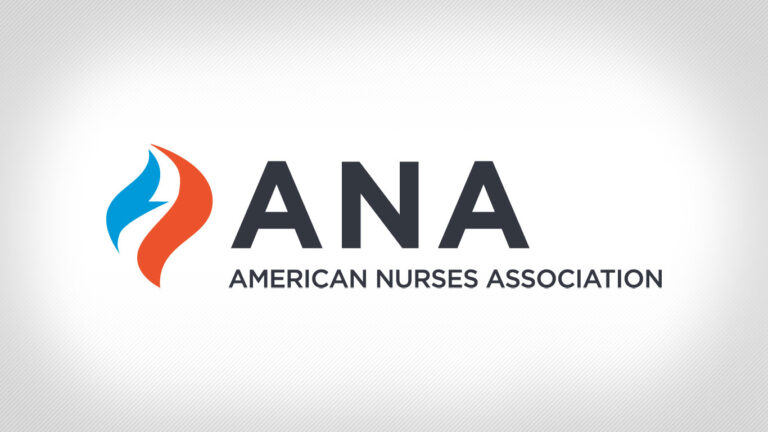
Members benefit from a nationwide network of over 200,000 nurses and extensive resources for professional development. ANA membership is often combined with your state nurses association, giving you dual membership “for only $15 a month” (around $180/year). Benefits include free webinars, online journals, networking through local chapters, and a powerful advocacy voice at the state and federal level.
National League for Nursing (NLN)
Established in 1893, the NLN is the nation’s oldest professional nurse organization, dedicated primarily to nursing education and faculty development. It represents nurse educators, nursing schools, and leaders in nursing education. The NLN offers conferences, research grants, testing services, and professional development for its members. It has over 40,000 individual members (from LPNs to PhD nurse educators) and 1,100 institutional members. Notably, the NLN provides tiered membership levels – for example, discounted memberships for graduate students or retired educators – to make involvement accessible at different career stages.
American Association of Critical-Care Nurses (AACN)
AACN is the world’s largest specialty nursing organization, uniting nurses in acute and critical care. With over 120,000 members worldwide, AACN offers robust benefits for critical care nurses: unlimited free continuing education, clinical toolkits and practice resources, specialty certification support, and subscriptions to leading critical care journals. AACN is known for its annual NTI conference (a major critical care nursing conference) and for advocating excellence in ICU/CCU nursing practice. Any licensed RN with an interest in critical care can join, and there are affiliate membership options for LPNs, students, and non-nurse supporters.
Emergency Nurses Association (ENA)
ENA is the premier organization for emergency department nurses, with more than 50,000 members around the world. It supports ED nurses through free continuing education, research grants, scholarships, and a subscription to the Journal of Emergency Nursing as part of membership.
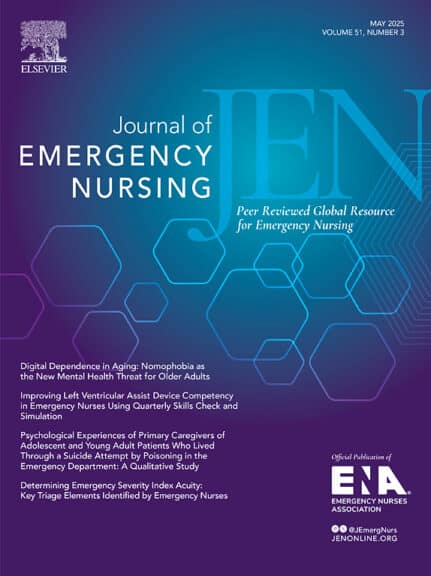
ENA frequently provides guidelines for emergency care and advocates on issues like trauma care and emergency preparedness. Both RNs and nursing students interested in emergency nursing are welcome to join.
American Association of Nurse Practitioners (AANP)
AANP is the largest professional organization for nurse practitioners of all specialties. It represents the interests of over 430,000 licensed NPs in the U.S. and has tens of thousands of members nationwide. AANP membership offers advocacy for expanded NP practice authority, a vast library of CE courses free or discounted for members, NP-focused journals, and conferences. Annual dues for full NP members are about $153 per year (with substantial discounts for student members). AANP’s influence is significant in shaping healthcare policy related to advanced practice nursing.
Sigma Theta Tau International (Sigma)
Sigma is the international honor society of nursing, which originated in the U.S. (founded in 1922) but now has a global reach. With approximately 135,000 active members and over 700 chapters worldwide, Sigma connects high-achieving nurses and nursing students around the globe. Membership (which is by invitation to nursing students and professionals who meet academic or leadership criteria) provides access to research grants, scholarly publications, career mentoring, and a prestigious professional network. Sigma was the first U.S. organization to fund nursing research and remains a key player in promoting evidence-based practice and leadership in nursing.
Other Speciality Nursing Organizations
In addition to the above, there are many other prominent U.S. nursing groups. For example, the National Black Nurses Association (NBNA) represents Black nurses and has over 100 chapters, offering mentorship, scholarships, and advocacy on healthcare issues affecting communities of color.
The American Assembly for Men in Nursing (AAMN) supports the minority of nurses who are male (only about 7% of U.S. RNs) and encourages more men to join the field.
Nearly every nursing specialty has its own association (e.g., the Academy of Medical-Surgical Nurses for med-surg nurses, the Association of Women’s Health, Obstetric and Neonatal Nurses for perinatal nurses, etc.), as do nursing subroles like nurse anesthetists (AANA) and nurse informaticists.
State and local nursing associations are also vital – most states have a nurses association (often affiliated with ANA) that focuses on local practice issues and networking. Depending on your interests and career, choosing a nursing organization that aligns with your specialty or identity can offer targeted support and community.
And if you’re a nursing student, keep in mind the National Student Nurses’ Association (NSNA) as well. With around 60,000 members, NSNA helps students transition to professional practice through leadership opportunities, NCLEX resources, and mentorship.
Global Nursing Organizations to Know
Nursing is a global profession, and many countries have their own associations that parallel the U.S. organizations. Additionally, a few key international organizations connect the worldwide nursing community:
International Council of Nurses (ICN)
Founded in 1899, ICN is a federation of more than 130 national nursing associations and represents over 16 million nurses globally. It is the world’s first and widest-reaching international nursing organization. ICN works to ensure quality nursing care for all and sound health policies globally.
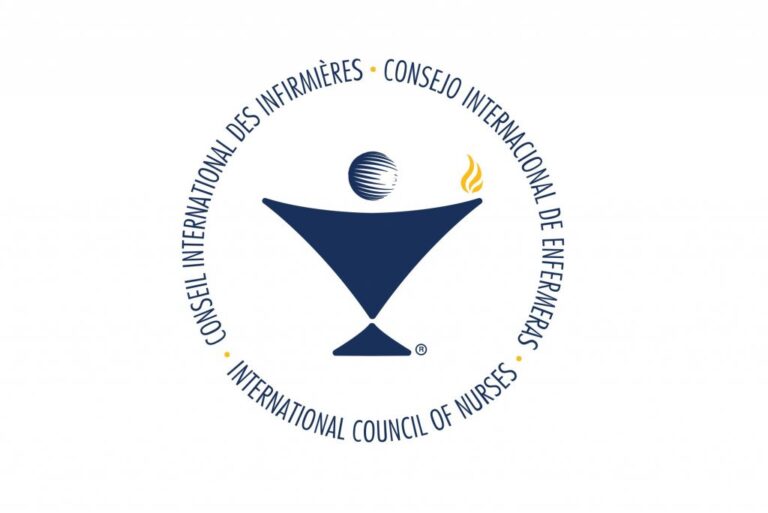
It issues position statements on nursing practice, hosts international congresses, and spearheads initiatives on issues like advanced practice roles, infectious disease education, and disaster preparedness for nurses. The American Nurses Association and many others are members of ICN, amplifying U.S. nurses’ voices on the global stage.
Royal College of Nursing (RCN) – United Kingdom
The RCN is both a professional body and a union for nurses in the UK, known for its strong advocacy on behalf of nurses. It has over half a million members as of 2023, making it one of the largest nursing organizations in the world. The RCN provides clinical publications, accredits continuing education, and offers members legal support and library resources.

Notably, it has been at the forefront of recent nurse workforce campaigns – in 2023, the RCN led historic strikes in the UK for better nurse pay and staffing, demonstrating the power of collective action by a professional organization.
Canadian Nurses Association (CNA)
CNA is the national professional association representing registered nurses, nurse practitioners, and nursing students across Canada. As a member of ICN, CNA advocates for nurses at the federal level on healthcare policy and provides professional development resources. CNA membership gives access to journals, webinars, and a network of specialty nursing groups in Canada. In some Canadian provinces, registration with the provincial nursing college automatically includes CNA membership. CNA has been actively involved in issues like advancing nursing education and promoting nursing leadership in primary care.
Other International Examples
Around the world, most countries have equivalent nursing associations or councils. Australia, for instance, has the Australian College of Nursing (ACN) for professional development and the Australian Nursing & Midwifery Federation (ANMF) for union representation. In the Philippines, there’s the Philippine Nurses Association (PNA), and in India the Trained Nurses’ Association of India (TNAI) – each focusing on their nation’s nursing workforce.
Regional collaborations also exist (e.g., the European Federation of Nurses Associations). While names and structures differ, these organizations globally share a common mission: to unite nurses, uphold standards of practice, provide education, and advocate for better healthcare in their societies.
Whether at the national or international level, nursing organizations form a support network for the profession worldwide. They allow nurses to learn from each other across borders and present a unified front on global health issues.
Is Joining a Nursing Organization Worth It?
With so many organizations and benefits, you might ask: “Is joining a nursing association really worth the cost and effort?” The answer depends on your personal goals and circumstances. Consider the following pros and cons:
Professional growth vs. time commitment
On the pro side, membership can fast-track your professional development through resources and networking. On the con side, it does require active involvement – keeping up with newsletters, attending events, or volunteering time. Busy nurses may struggle to participate fully due to time constraints, which is a common reason some skip joining. If you hardly ever attend the conferences or read the materials, you may not reap the full benefits.
Career benefits vs. membership fees
Belonging to an organization can open doors to career opportunities (leadership roles, speaking at conferences, finding mentors or job leads). Many nurses find these opportunities invaluable. However, membership costs are a real consideration. National organization dues typically range from about $100 to $200+ per year. For example, an ANA membership (including state chapter) is about $15 per month, and joining AANP as a nurse practitioner costs roughly $153 per year. Specialty associations vary: psychiatric nurses pay ~$145/year for the APNA, critical care nurses pay about $78/year for AACN (as of recent rates), etc.
The good news is many organizations offer tiered memberships or discounts – student memberships often cost much less (e.g. AANP’s student rate is $55), and some groups have new grad discounts, retired nurse rates, or even monthly payment plans. When weighing the cost, think about whether the specific benefits (e.g., free CE that would otherwise cost hundreds of dollars) offset the dues.
Inclusion and values
Another “worth it” factor is how well an organization’s values align with yours. A strong pro is that you’ll be joining a community that shares your professional interests and can amplify causes you care about. But some nurses hesitate because of lack of diversity in leadership or perceived political stances of certain organizations. For instance, an association might endorse political candidates or policies that you don’t agree with, which can be a drawback for some members. It’s wise to research an organization’s mission and recent initiatives. The nursing community is broad, and you can likely find a group that feels like the right “fit” for you (be it apolitical, advocacy-focused, specialty-specific, etc.).
Ultimately, only you can determine if joining a professional nursing organization is worth it. It may help to list what you hope to gain (such as preparing for certification, finding a mentor, or influencing healthcare policy) and see if an organization meets those needs. Many nurses report that association membership pays off in intangible ways – increased confidence, inspiration from peers, and a sense of contributing to something bigger than themselves.
Others decide they can thrive without formal membership, and that’s okay too. You can always stay informed through free resources (for example, ANA makes some webinars and its podcast available to non-members) and join a membership later when you’re ready.
Directory of Nursing Organizations
Here is a quick-reference directory of major nursing organizations in the U.S. and around the world—handy when you need to compare missions or member perks.
| Name of organization | One-sentence description |
|---|---|
| American Nurses Association (ANA) | Largest broad-based body for U.S. RNs, setting practice standards and leading national advocacy. |
| National League for Nursing (NLN) | Oldest U.S. nursing organization focused on faculty development and excellence in nursing education. |
| American Association of Critical-Care Nurses (AACN) | World’s biggest specialty group supporting acute and critical-care nurses with CE, certifications, and research. |
| Emergency Nurses Association (ENA) | Leading voice for ED nurses, advancing emergency care through education, research, and policy. |
| American Association of Nurse Practitioners (AANP) | National membership and advocacy home for the country’s 430k+ nurse practitioners. |
| Sigma Theta Tau International (Sigma) | Global honor society that recognizes nursing scholarship and fuels leadership and research. |
| National Black Nurses Association (NBNA) | Premier organization representing Black nurses and advancing health equity in underserved communities. |
| National Association of Hispanic Nurses (NAHN) | Nonprofit advancing high-quality care for Hispanic communities and professional excellence among bilingual, bicultural nurses. |
| American Assembly for Men in Nursing (AAMN) | Supports the recruitment, retention, and leadership of men in nursing. |
| International Council of Nurses (ICN) | Federation of 130+ national associations—the global voice of nursing on policy and practice. |
| Royal College of Nursing (RCN) | U.K.’s largest nursing union and professional body, offering legal, educational, and advocacy services. |
| Canadian Nurses Association (CNA) | National professional voice for Canadian RNs, NPs, and nursing students. |
| Australian College of Nursing (ACN) | Peak professional body providing education and leadership advocacy for Australian nurses. |
| Philippine Nurses Association (PNA) | Accredited professional organization promoting excellence and welfare of Filipino nurses. |
| Trained Nurses’ Association of India (TNAI) | Nationwide body (est. 1908) advancing nursing standards and education across India. |
| European Federation of Nurses Associations (EFN) | Represents 36 national associations at the EU level, influencing policy that affects 3 million nurses. |
| Academy of Medical-Surgical Nurses (AMSN) | U.S. specialty association supporting med-surg nurses from student years through certification. |
| Association of Women’s Health, Obstetric & Neonatal Nurses (AWHONN) | Promotes optimal care for women and newborns through research, education, and advocacy. |
| American Association of Nurse Anesthesiology (AANA) | Professional home for CRNAs, advancing and protecting nurse anesthesiology practice. |
| American Psychiatric Nurses Association (APNA) | Largest organization for psychiatric-mental health nurses, offering CE and policy leadership. |
| National Student Nurses’ Association (NSNA) | Pre-professional association helping U.S. nursing students build leadership skills and networks. |
Final Thoughts
Professional nursing organizations, whether in the U.S. or abroad, offer a wealth of opportunities to grow, connect, and advocate. From the local level of state nurses associations to the global influence of the International Council of Nurses, these groups are united by a common purpose: to strengthen the nursing profession and improve health care for everyone. Joining an organization is a personal decision – it requires an investment of time, money, and energy – but it can also be one of the most rewarding moves in your nursing career.
If you’re a nurse looking to expand your horizons, consider exploring a professional association that aligns with your interests. Many nurses find that the education, camaraderie, and collective voice they gain are well worth the dues. Whether you choose to become an active member of an organization or simply take advantage of the resources they offer, staying engaged with the wider nursing community will help you stay inspired and empowered in your practice. Nursing is both an individual vocation and a team endeavor, and professional organizations remind us that together, nurses can achieve more – for our patients, for our profession, and for the global community.
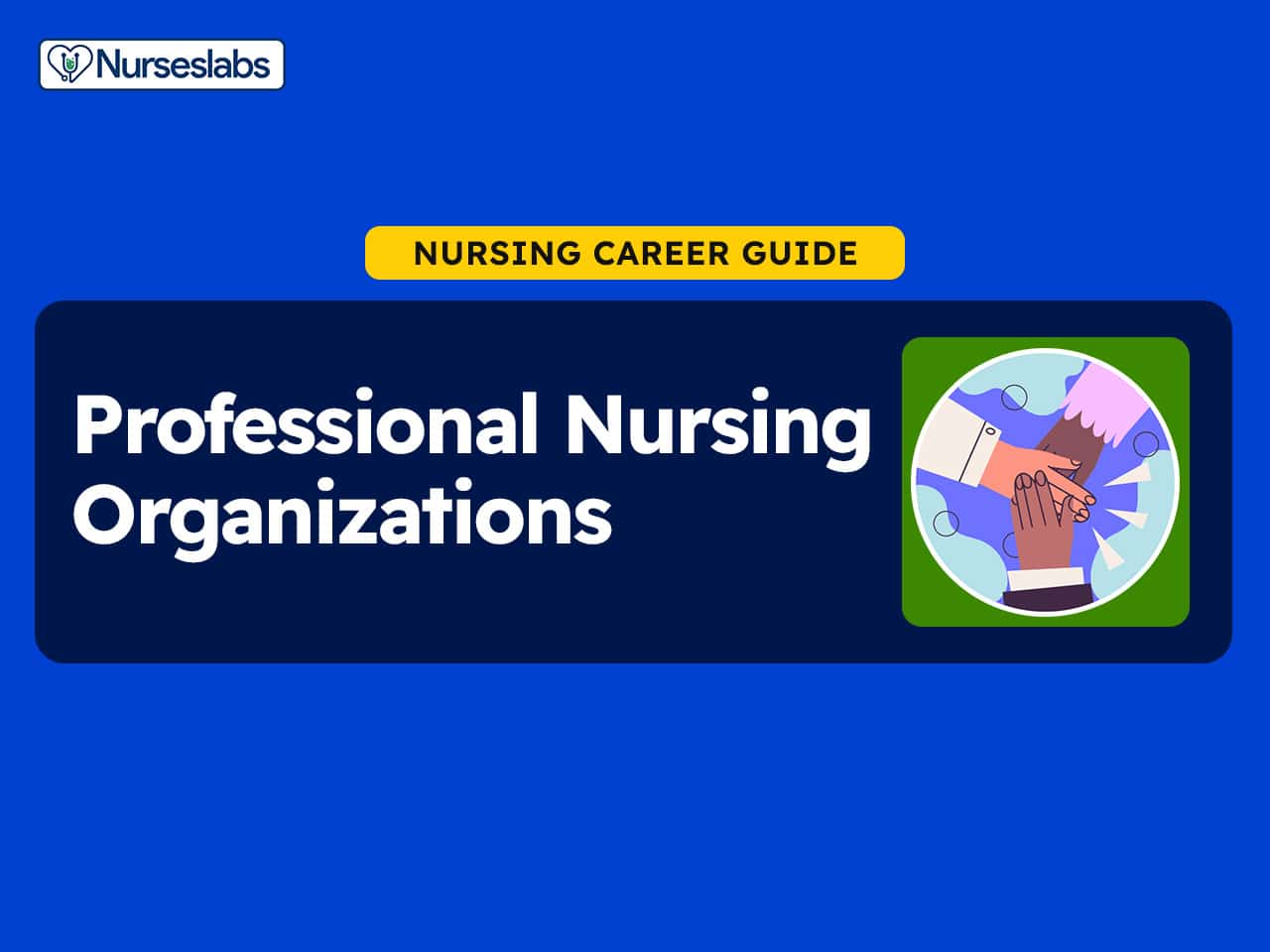
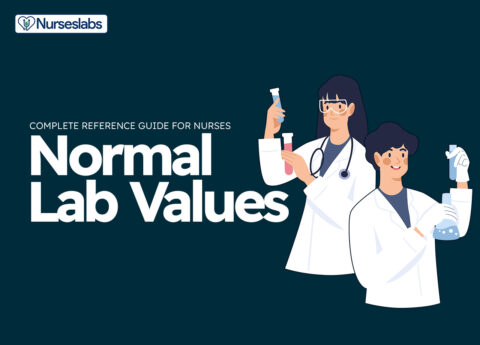
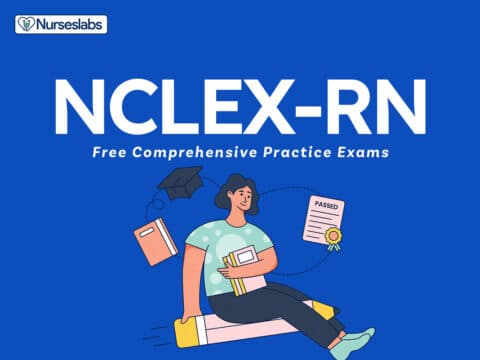

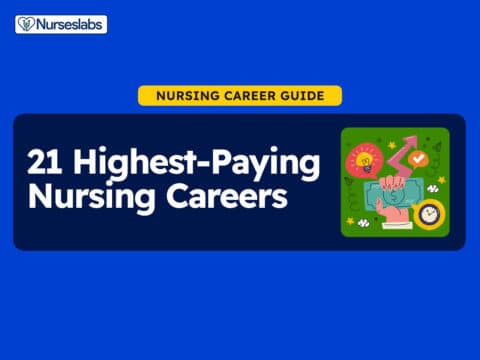
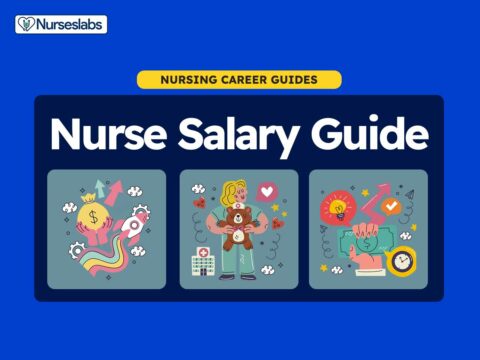
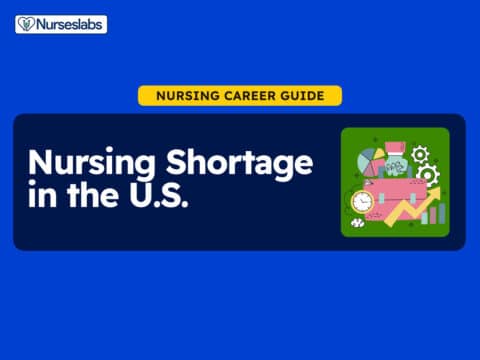
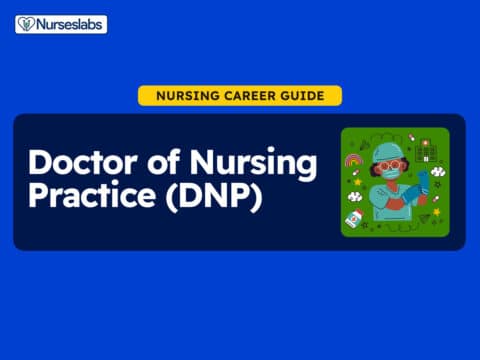
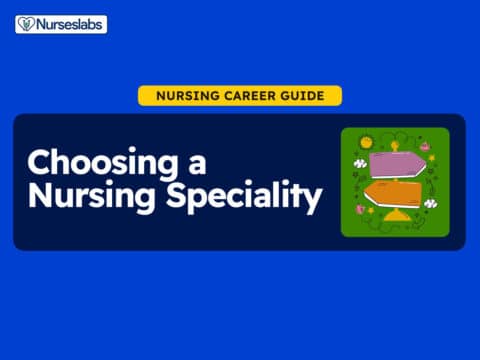
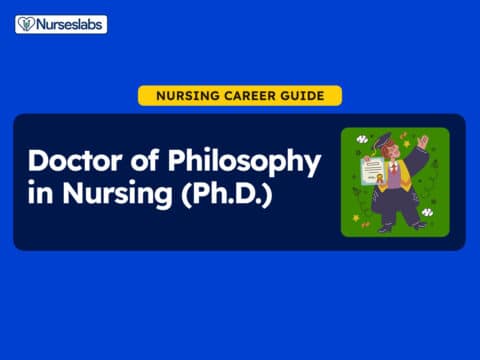
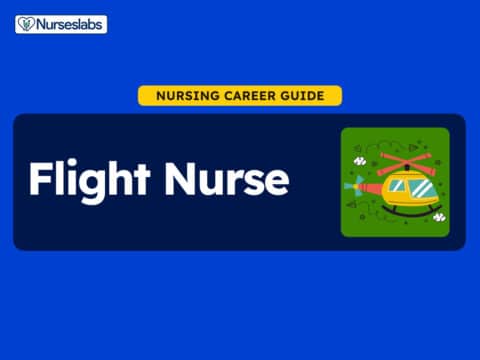
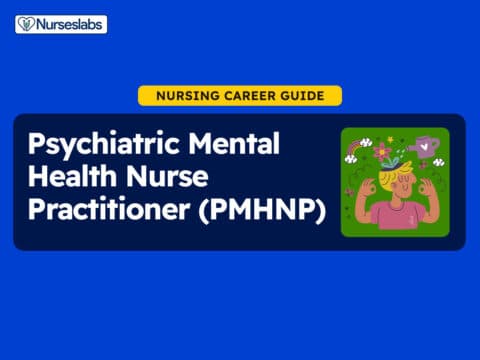
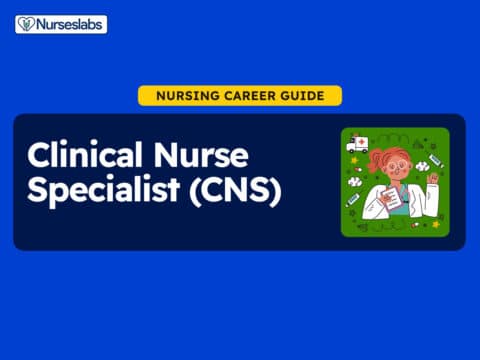
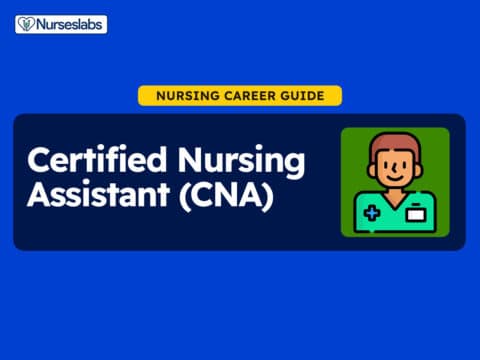
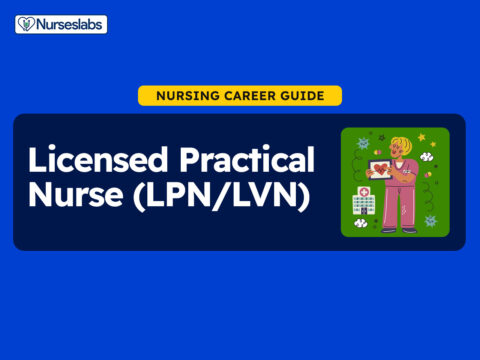
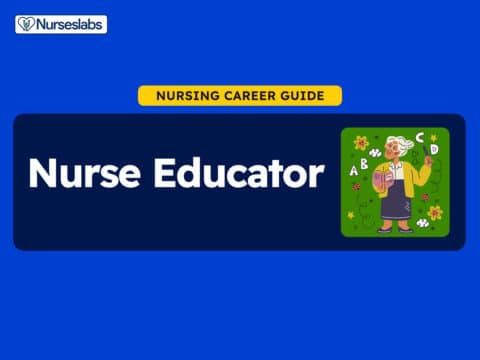
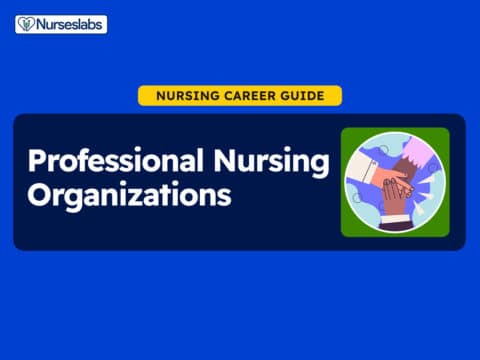
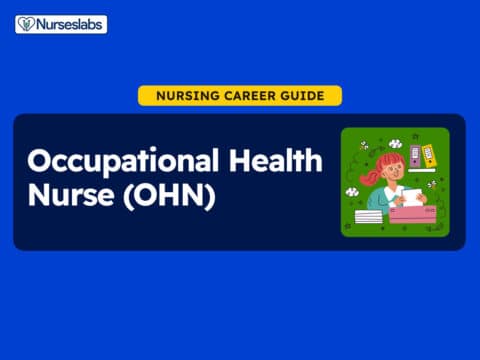
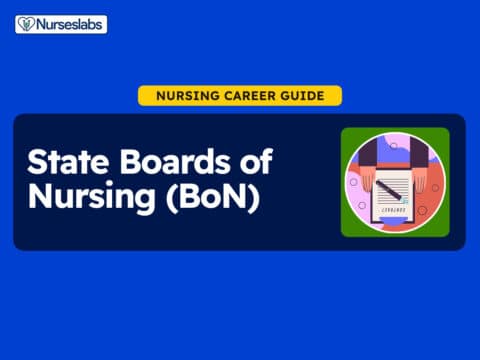
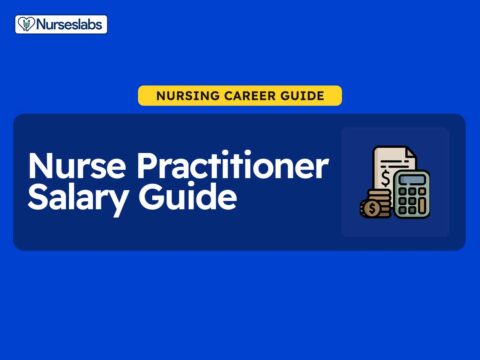
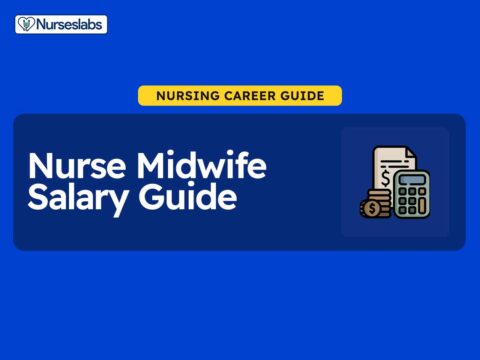



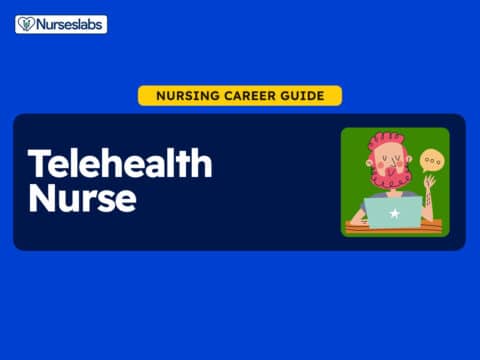
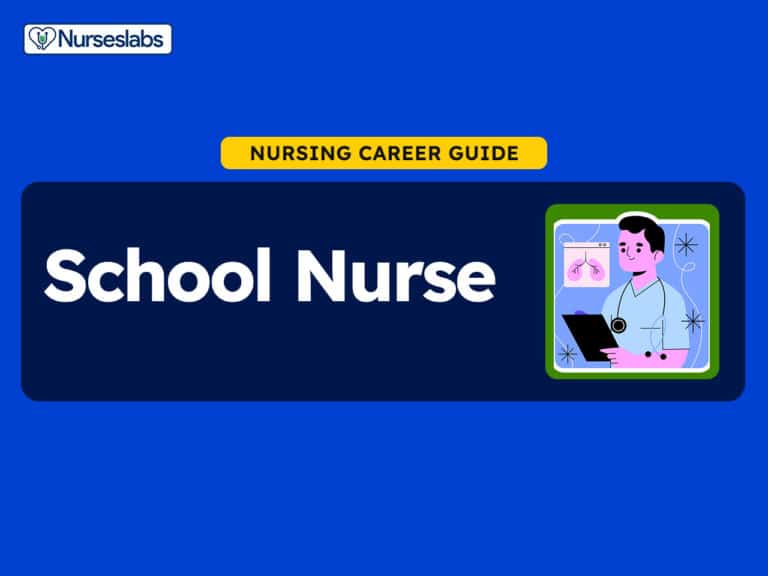
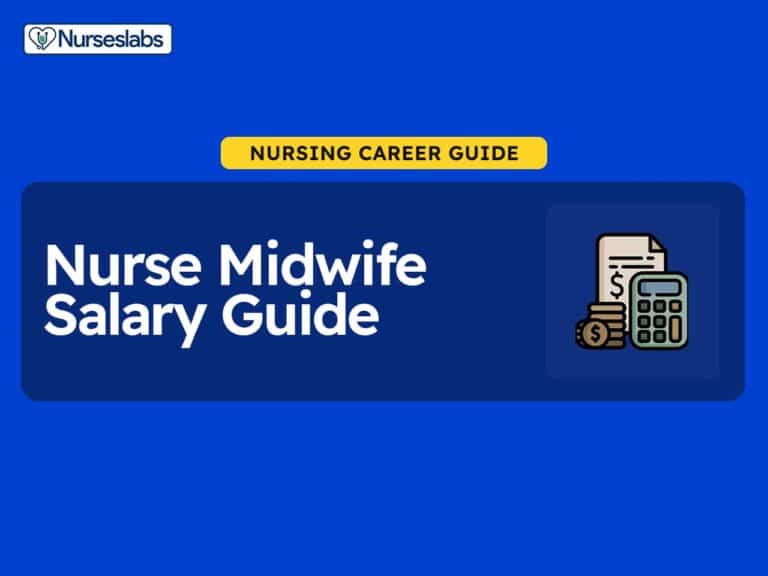
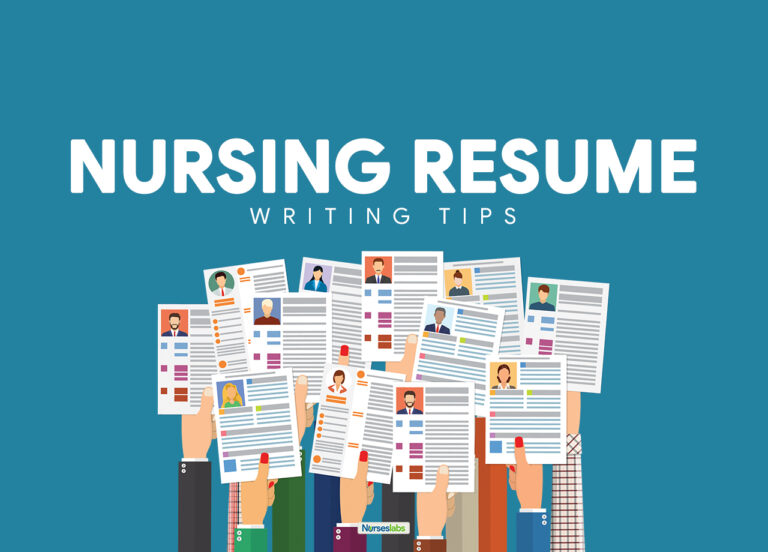
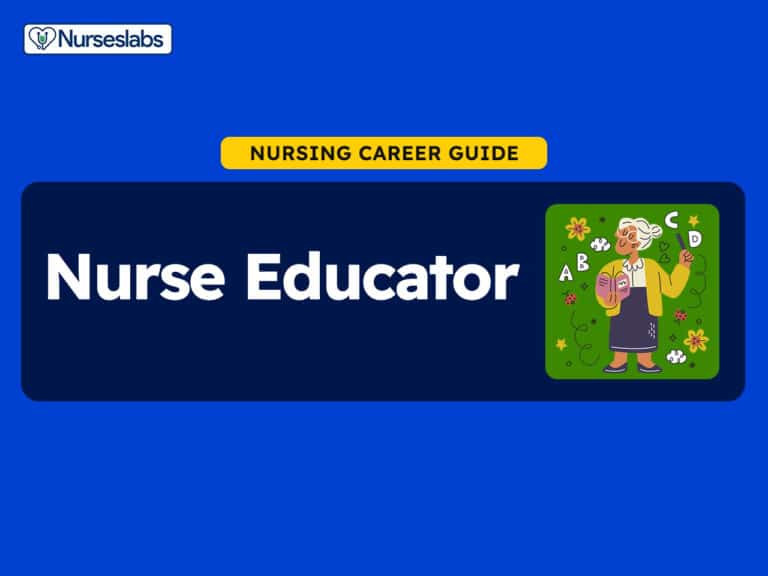
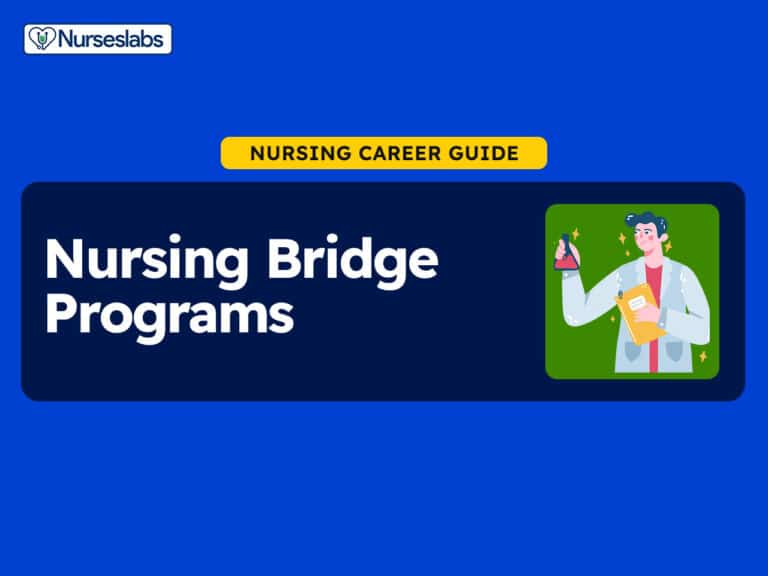
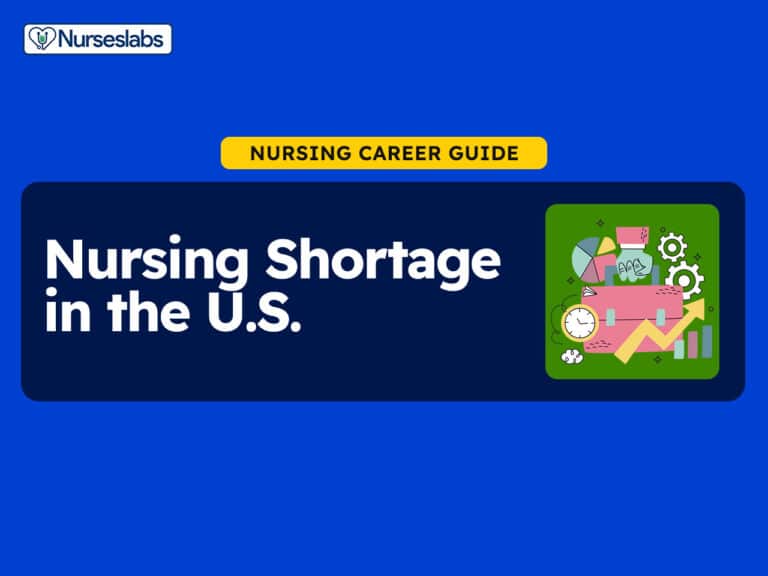
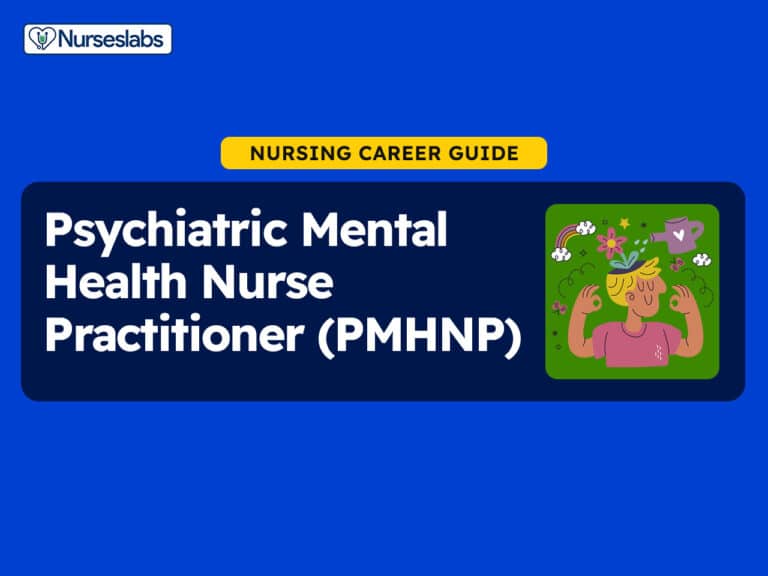
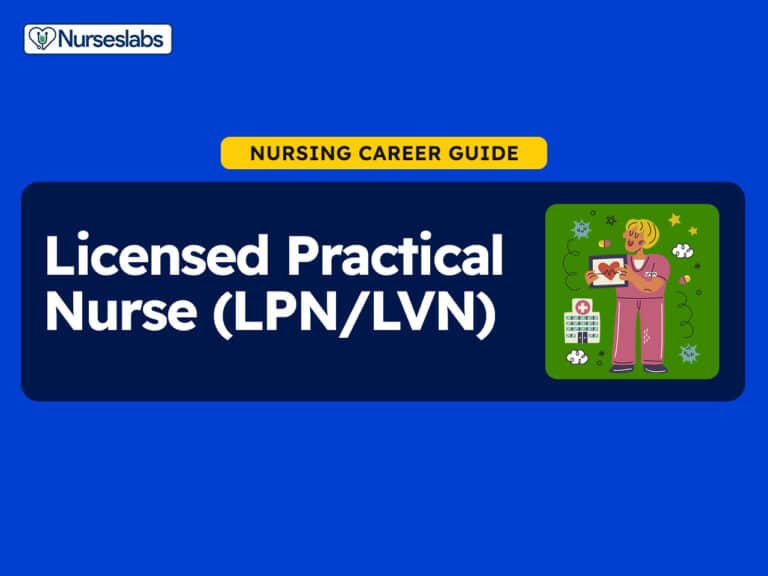
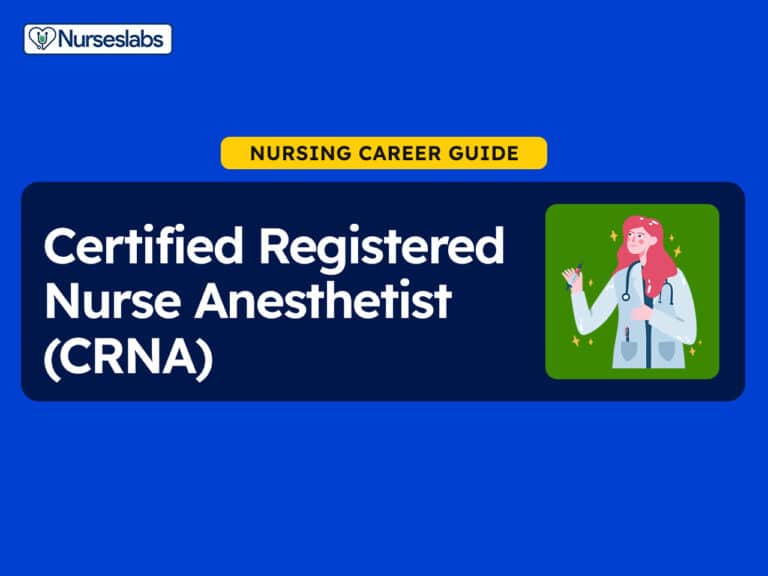
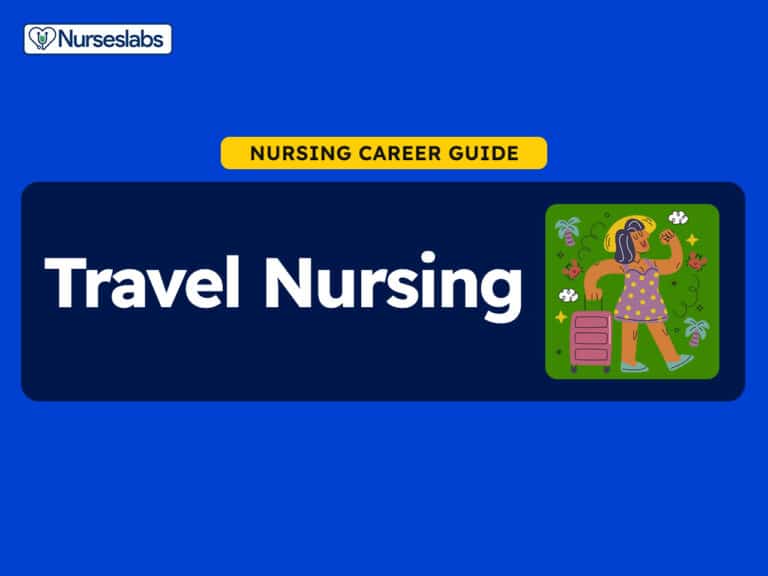
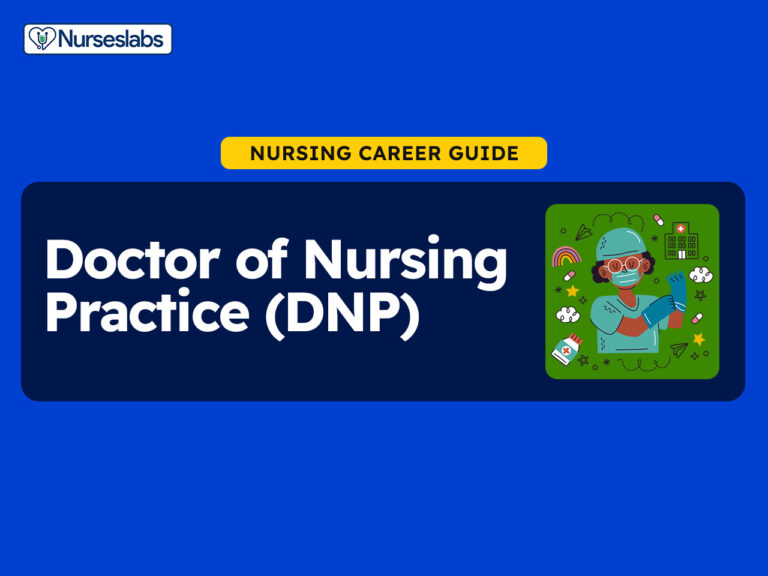
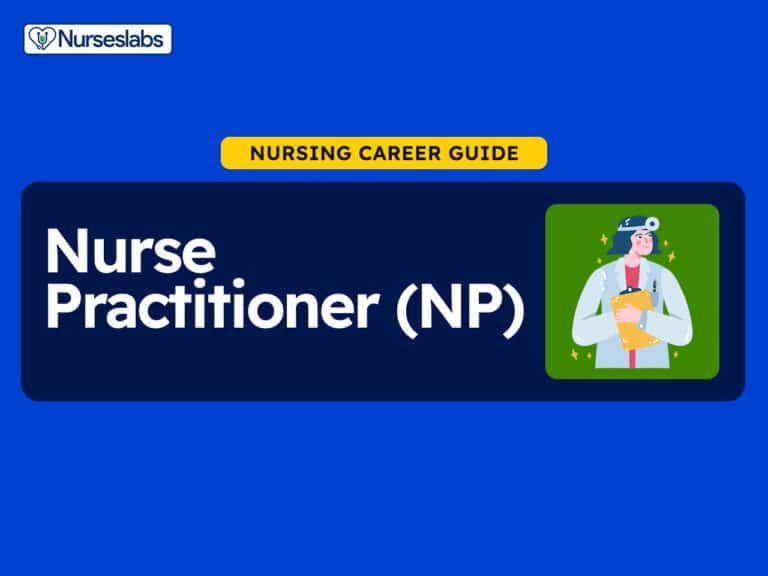
Leave a Comment